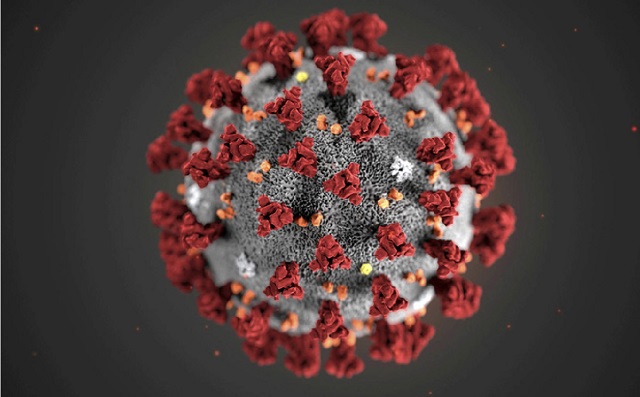
Kampala, Uganda | THE INDEPENDENT | International health experts have asked the World Health Organisation (WHO) to identify the animal source of the coronavirus (COVID-19) so as to enable further research.
The need to find the source was one of the recommendations that health experts made to WHO during the International Health Regulations Emergency Committee meeting that took place on Thursday. The meeting was the third that had been convened since the COVID-19 outbreak was reported in Wuhan, China.
The meeting was called three months after WHO chief Dr Tedros Adhanom Ghebreyesus declared the COVID-19 outbreak a Public Health Emergency of International Concern-PHEIC. It was called to evaluate the way forward in handling COVID-19. Recommendations of the committee were released yesterday.
Professor Didier Houssin, the chairman of the International Health Regulations Emergency Committee said that COVID-19 is still a public threat and the cause of the disease needs to be traced by WHO to help in future.
“After three months since the last meeting, Emergency committee member states found that COVID-19 is still a public concern. However, there are knowledge gaps. Too little is known about the disease. We recommend that WHO works with the World Organisation for Animal Health, the Food and Agriculture Organization of the United Nations (FAO) and countries to identify the zoonotic source of the virus and the route of introduction to the human population including the possible role of intermediate hosts,” said Prof Houssin.
Prof Houssin says further research into how the virus was transmitted would help guide the organisation on how to prevent future outbreaks of this nature.
Several theories have been put forward on the source of the virus. The United States has claimed that the virus was developed in a laboratory in Wuhan while other sources say that the virus could have come from two animals carrying different strains of coronavirus which mutated to form what is now known as COVID-19.
Scientists around the world have identified bats, snakes and pangolins as possible sources of the virus.
Dr Tedros Adhanom Ghebreyesus, the director general of the WHO says that they accept the committees’ recommendations and are going to work towards identifying the zoonotic cause of the virus.
Up until yesterday, WHO has been focused on providing training for health workers, providing technical and logistical support to low income countries and increasing their preparedness. The UN health agency has also been working towards treatment and vaccine trials for the disease.
The committee also recommended that all member countries of WHO work with the health organisation and support the leadership of the organisation as the world only has one WHO and its needed during this pandemic.
The remarks come after the organisation and its leadership have been criticized by Brazil and the United States- both member states of the organisation.
Dr Ghebreyesus reiterated the need for member states to follow WHO advise when dealing with the COVID-19 pandemic. ” We encourage countries to follow WHO’s advice which we constantly review and update as we learn more about the virus.”
To date, over 185 WHO member countries ave reported COVID-19 cases. As of May 2,2020 over 3 million cases have been confirmed and over 238,000 deaths registered.
******
URN
 The Independent Uganda: You get the Truth we Pay the Price
The Independent Uganda: You get the Truth we Pay the Price



